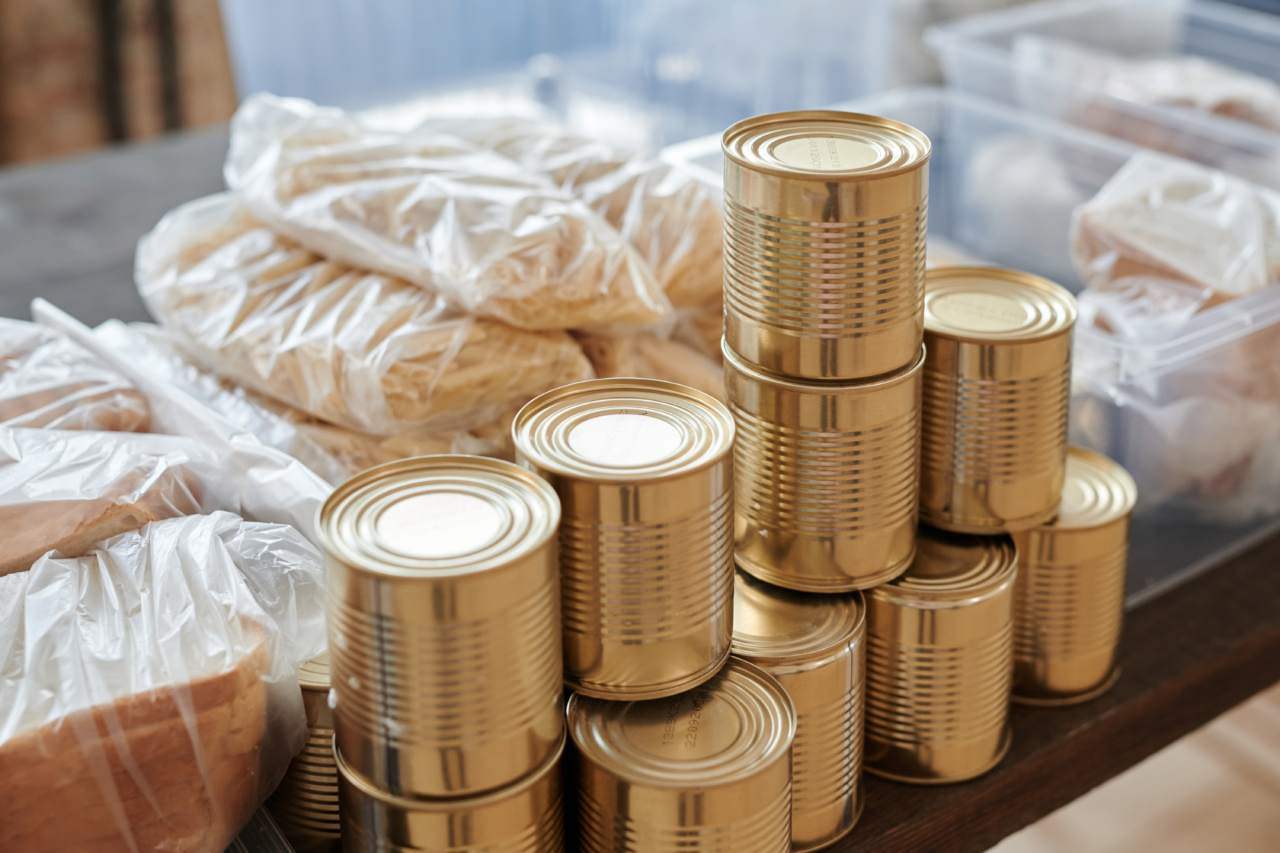Donations are a way to support different causes and organizations either to help people in need or to support research and development in various fields.
Unfortunately, there are certain myths surrounding the act of donation that can cause people to hesitate or fear it. One of the most popular myths is that donations can lead to cancer. But is there any truth behind this claim?.
How Does Cancer Develop?
Before answering the question of whether donations can lead to cancer, we need to understand how cancer develops. Cancer is a disease that involves the growth and spread of abnormal cells in the body.
The abnormal cells can form tumors, invade and damage surrounding tissues, and spread to other parts of the body through the bloodstream and lymphatic system. The formation of cancer cells is a result of mutations or changes in the DNA that control cell growth and division.
There are several factors that can contribute to the development of cancer, such as genetics, lifestyle, environmental exposure, and infections.
What Are Donations?
Donations are a voluntary transfer of funds or resources from one individual or organization to another for a specific purpose.
Donations can be made to non-profit organizations, charities, foundations, or research institutions that work towards a specific cause or goal. Donations can take various forms, such as money, goods, services, time, or blood. The purpose of donations is usually to help people in need, support scientific research and innovation, or promote important social or environmental causes.
The Myth of Donations Leading to Cancer
The myth that donations can lead to cancer is based on the belief that the act of donating blood or organs can cause the recipient to develop cancer. This belief has no scientific basis and is not supported by any evidence.
Blood and organ donation go through rigorous screening and testing procedures to ensure the safety of both the donor and the recipient. The screening process includes testing for infections, diseases, and other health conditions that can affect the suitability of the donation.
The screening process aims to eliminate any potential health risks and prevent the transmission of contagious diseases or infections.
The Benefits of Blood and Organ Donations
Donating blood and organs can save lives and improve the quality of life of those in need. Blood donations are used to treat various medical conditions, such as anemia, cancer, surgery, trauma, and bleeding disorders.
Organ donations, on the other hand, can restore and enhance the normal function of damaged or failing organs, such as the heart, liver, kidney, lung, and pancreas. Organ donations can also improve the survival rates and outcomes of transplant recipients, especially those with life-threatening conditions.
Prevention of Cancer
There are several ways to prevent cancer, such as adopting a healthy lifestyle, avoiding exposure to carcinogenic substances, getting vaccinated against cancer-causing viruses, and undergoing regular check-ups and screenings.
A healthy lifestyle includes eating a balanced diet, maintaining a healthy weight, exercising regularly, avoiding smoking and excessive alcohol consumption, and protecting oneself from the sun and other sources of ultraviolet radiation. Avoiding exposure to carcinogens involves minimizing or eliminating exposure to tobacco smoke, asbestos, radon, industrial chemicals, and pollution.
Vaccination against cancer-causing viruses such as HPV and hepatitis B can reduce the risk of developing certain types of cancer, such as cervical, liver, and throat cancer. Regular check-ups and screenings can detect cancer at an early stage, when it is most treatable and has a higher chance of being cured.
Conclusion
Donations are a valuable and selfless act of supporting others and contributing to a better world. The myth that donations can lead to cancer is untrue and unfounded.
Donations, particularly blood and organ donations, can save lives, improve health outcomes, and enhance the quality of life of those in need. It is important to focus on the benefits and positive impact of donations rather than listen to baseless myths and rumors that can cause harm and deter people from donating.
Preventing cancer involves adopting a healthy lifestyle, avoiding exposure to carcinogens, getting vaccinated, and undergoing regular check-ups and screenings. Together, we can make a difference and fight against cancer.





























